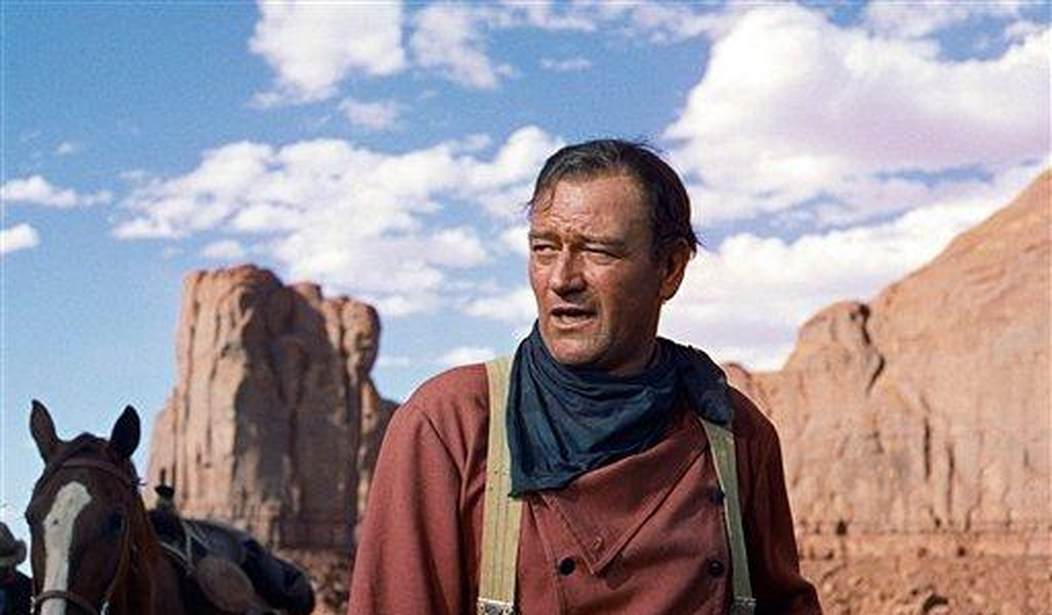We no longer have to play at goblins and ghosts on Halloween. We've got real snoops and authentic spooks, and they're plenty scary, reading our mail and tracing us through social media. Safety and security are the crucial domestic interests in the high-tech world where we all live. We feel helpless in trying to keep control over our most minute musings; we're sure that Big Brother is watching us, and not necessarily to watch over us.
It's the season when doubts and fears, some real and some not, assail. We're frustrated with the breakout of Obamacare, which betrayed its promise to link Americans with health care they could afford. The doubts about how the quality of medical care might be compromised were replaced by fears wrought by the failed technology.
The new technology stands exposed again as a mixed blessing. The Internet that puts the world at our fingertips and connects us to distant friends and family in the passage of a moment are subject to obstacles and glitches beyond our control. Maybe that's why the popular culture is suddenly awash with ordinary heroes who must summon personal courage from the inside out, retrieving the old-fashioned virtues of fortitude, competency and capability.
Even in the movies, where so many of the impressionable imagine they find reality, superheroes are out. Two of the big box-office hits in the Halloween season depict uncomplicated characters in the human fight for survival: "Captain Phillips" and "Gravity."
Tom Hanks is Capt. Richard Phillips, a very ordinary hero from the real-life story of Somali pirates who boarded the captain's container ship and took him captive, and how he was rescued by the U.S. Navy. We know from the newspapers how the story ended, but we can watch how he was tested once he was seized and put adrift with his captors in a tiny lifeboat.
Recommended
"Gravity" is the fanciful story of a woman alone in space, an astronaut cast into the cosmic dark with nothing to console her but a puckish sense of humor, but a woman as grave as the gravity that eventually pulls her back to earth. Sandra Bullock portrays a woman who finds herself in a difficult situation while completely isolated. She must use all of her wits and wisdom to navigate herself home safely.
These two stories project the diminished myth of the American experience, both told in a dark and deadly vastness, one at sea and one in space, and both are stories of a man and a women forced into smaller confines to test their mettle, their skill and their courage.
"The disappearing frontier is the most powerful and persistent myth in American history," Garry Wills writes in "John Wayne's America." His point is that John Wayne, the ultimate American myth, was the invincible hero whose authority grew out of his masculine self-reliance, whether summoning battlefield courage on the sands of Iwo Jima or true grit in struggling against outlaws and rattlesnakes. We knew we could depend on the man in the myth to protect us as we extended the frontier. The mythmaker's manhood epitomized America's strength, his confidence and how his competence with the gun defeated all enemies. The beliefs of the man in the myth were the politics of large meaning, not of little policies. They were the virtues of toughness, patriotism, self-reliance and responsibility, virtues that are disappearing from the American landscape.
The new frontier is global, and there is no longer a man in the myth, not even an actor pretending for a couple of hours in a darkened theater to animate the myth. Tom Hanks tries, as Captain Phillips setting out from his rural Vermont home to take command of his ship in Oman, bound for Mombassa. He frets that the America he grew up in won't offer his son the opportunities he had. When he tells the pirates that his cargo includes food for Africans, it reinforces the irony of the pirates' misbegotten adventure, but it brings no cheers from anyone.
Sandra Bullock, as the inventor dispatched to install new imaging software in space, is no red, white and blue Wonder Woman. Once she loses the reassuring voice of Houston Control and the silence closes in, she must call on everything within her, psychic as well as physical strength, to find her way home alone.
Broken technology, failing instruments and the loss of communication are villainous reminders that we are all at the mercy of human intelligence, the most fallible intelligence of all, bereft of the familiar and the reassuring. What could be scarier than George Clooney's -- as another astronaut -- sardonic observation that "half of North America just lost Facebook"? Happy Halloween, indeed.

























Join the conversation as a VIP Member